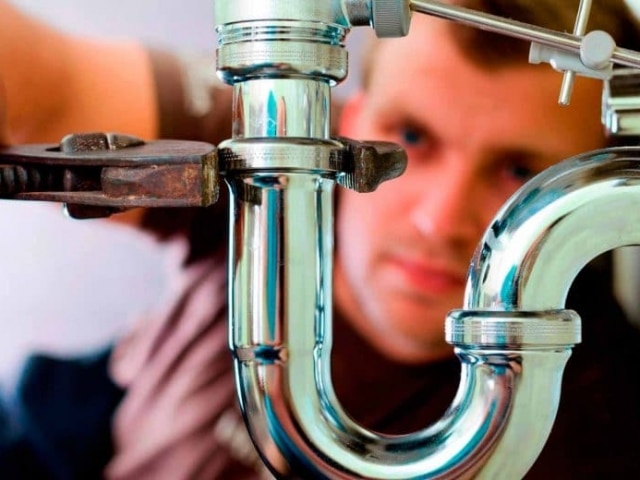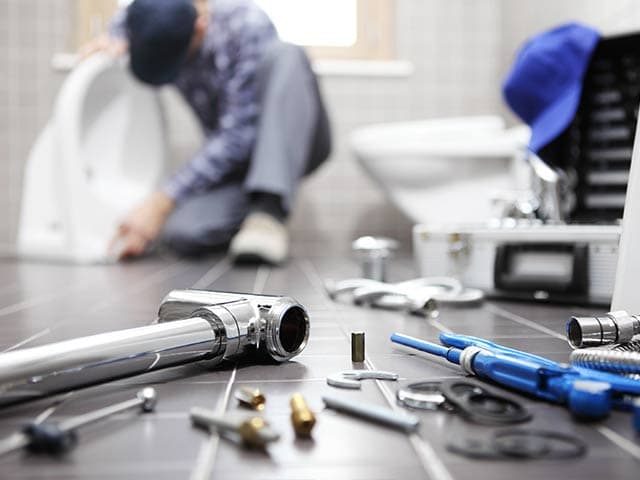Frozen Pipes in the Winter
As the winter season approaches, homeowners brace themselves for the cold weather, festive celebrations, and the joy of snowfall. However, with the drop in temperatures, there’s one unwelcome guest that can wreak havoc in your home – frozen pipes. Frozen pipes can cause immense damage, leading to costly repairs and water damage. In this comprehensive guide, we will explore effective strategies to prevent frozen pipes and safeguard your home during the winter months.
Understanding the Problem
Before we delve into prevention techniques, it’s essential to understand why pipes freeze. When water inside your plumbing system drops below the freezing point, it expands and can cause pipes to burst. This can result in water leakage, property damage, and financial strain. Here’s how you can prevent it:
Insulation is Key
One of the primary measures to prevent frozen pipes is adequate insulation. Insulating your pipes, especially those located in unheated or exposed areas like basements, crawlspaces, or attics, can go a long way in protecting them from freezing temperatures. Here’s what you need to do:
- Pipe Insulation: Invest in pipe insulation sleeves or wraps readily available at hardware stores. Apply them to exposed pipes to provide an extra layer of protection.
- Heating Tape: Electric heating tape can be used to keep pipes warm. It automatically heats up when the temperature drops, preventing freezing.
- Seal Cracks and Gaps: Inspect your home for any cracks or gaps that allow cold air to seep in. Seal them with caulking or weatherstripping to maintain a warmer environment around your pipes.
Maintain Adequate Heating
Maintaining a warm interior environment is crucial for preventing frozen pipes. Here’s what you can do:
- Keep Your Home Warm: Ensure your thermostat is set to a temperature that keeps your home comfortably warm, even when you’re away.
- Open Cabinet Doors: In particularly cold areas like the kitchen and bathroom, open cabinet doors to allow warm air to reach pipes located inside.
- Let Faucets Drip: Allowing faucets to drip slightly can relieve pressure in the pipes, reducing the risk of freezing.

Properly Prepare for Vacations
If you plan to leave your home for an extended period during the winter, take extra precautions:
- Drain the System: Consider draining the water system in your home before you leave. This will ensure no water is left in the pipes to freeze and cause damage.
- Keep Minimal Heat On: If you cannot drain the system, leave the heat on at a minimal setting to maintain a safe temperature.
Additional Tips
Here are some additional tips to help prevent frozen pipes:
- Outdoor Faucets: Disconnect and drain outdoor hoses and shut off the outdoor water supply to prevent freezing.
- Keep Garage Doors Closed: If your garage contains water supply lines, keep the doors closed to maintain a warmer temperature.
- Professional Inspection: Schedule an annual inspection by a professional plumber to identify potential vulnerabilities and ensure your plumbing system is in good condition.
Conclusion
Frozen pipes can be a homeowner’s nightmare during the winter months. However, with the right preventive measures, you can protect your home and prevent costly repairs. Insulation, maintaining adequate heating, and preparing for vacations are essential steps in ensuring your pipes stay thawed and functional. By following these guidelines, you can enjoy a worry-free winter season and keep your home cozy and damage-free. Check out hi-techplumbingandair.com/plumbing/water-heater-repair/ to get more important tips and ideas about plumbing.



